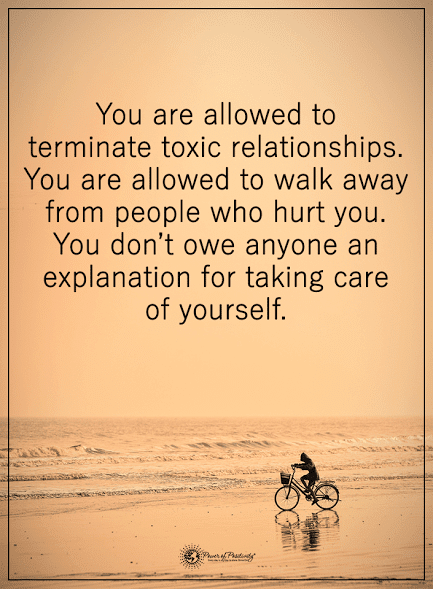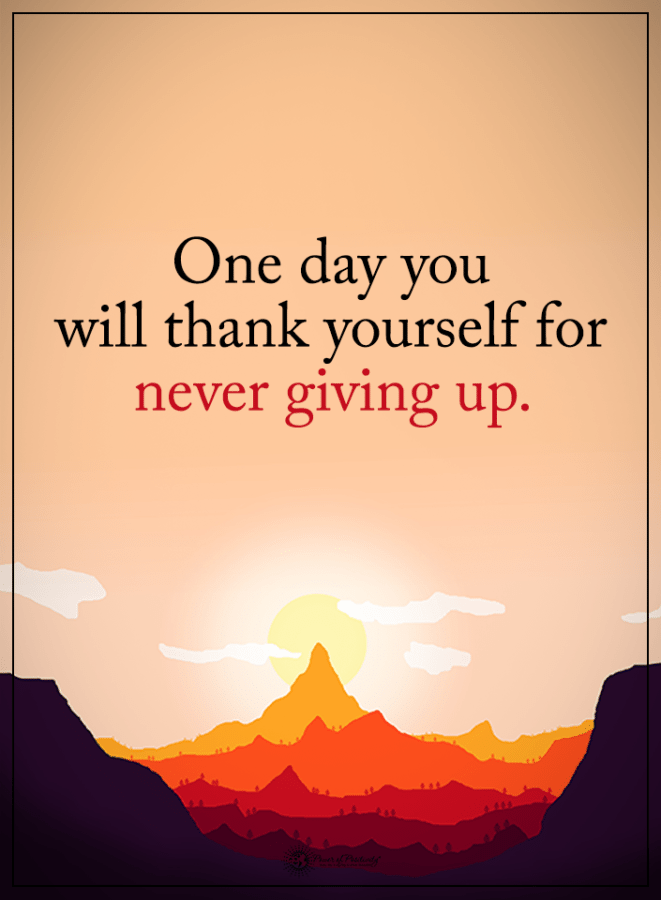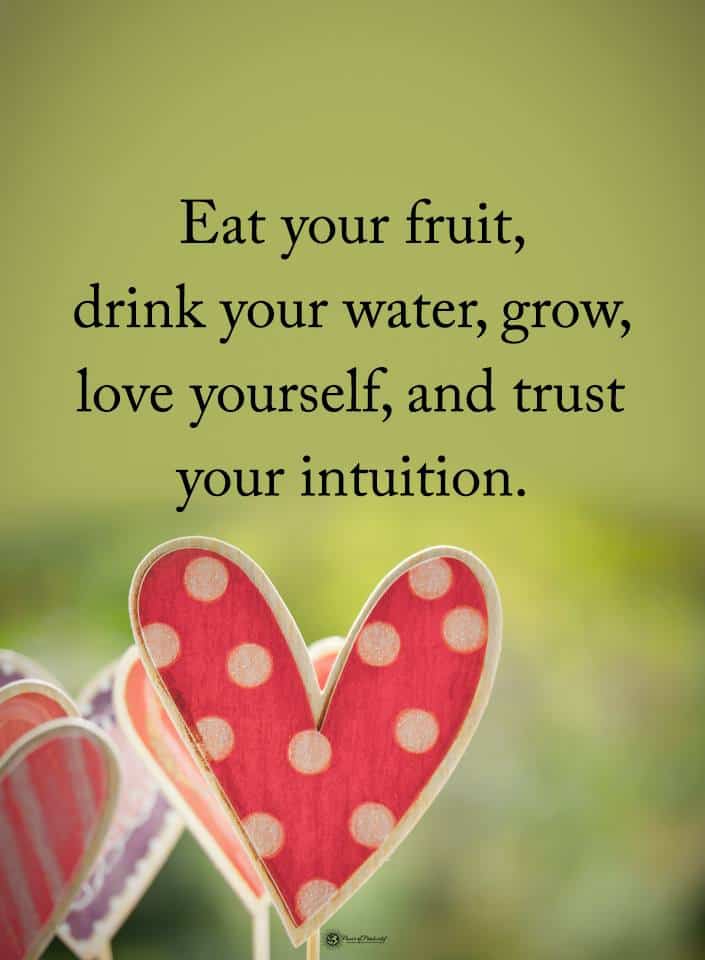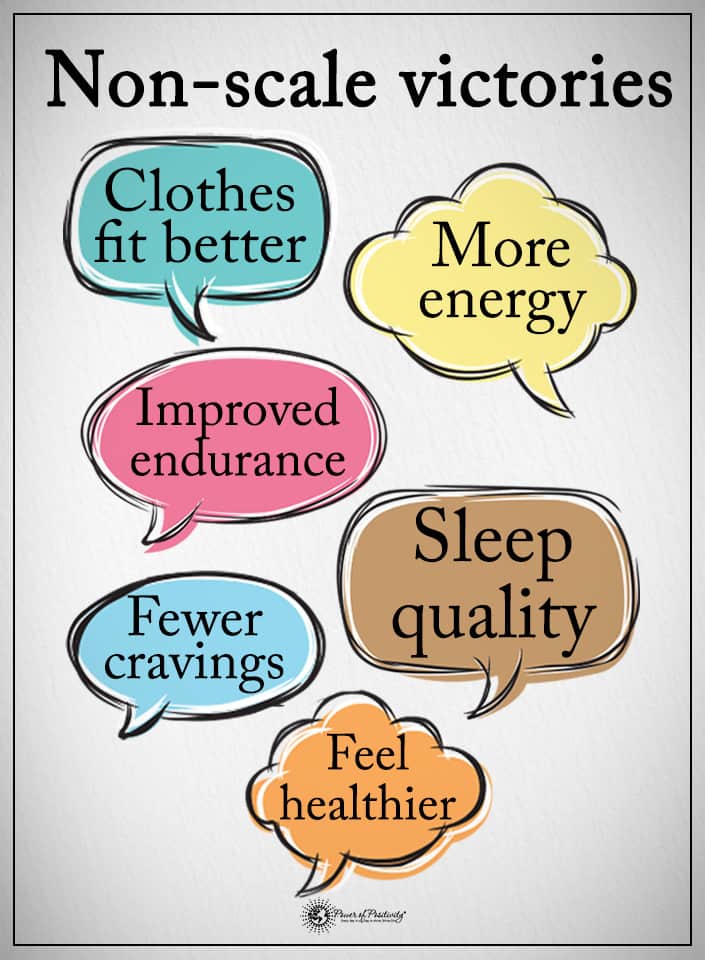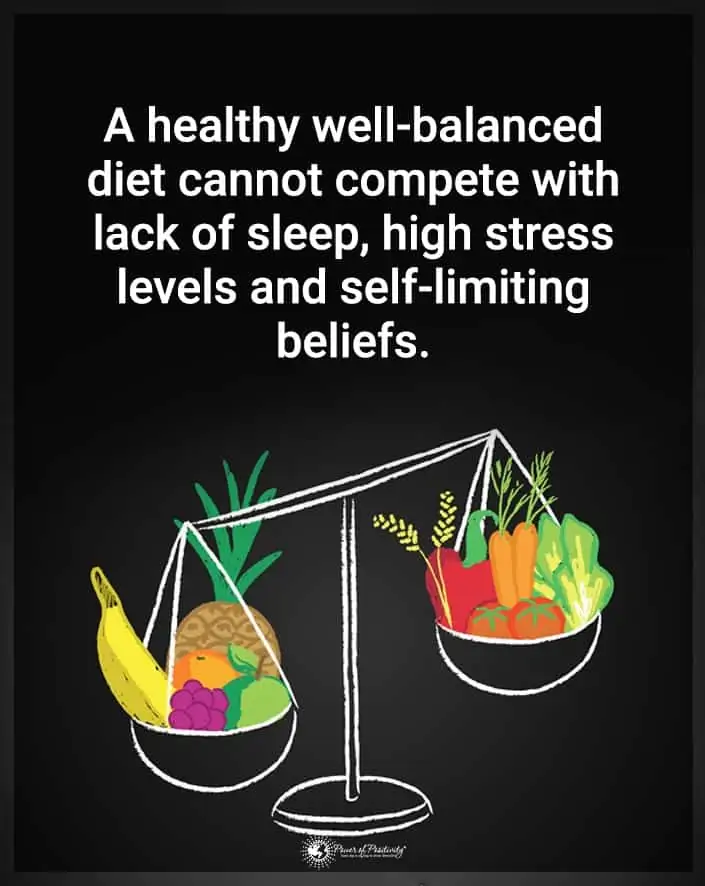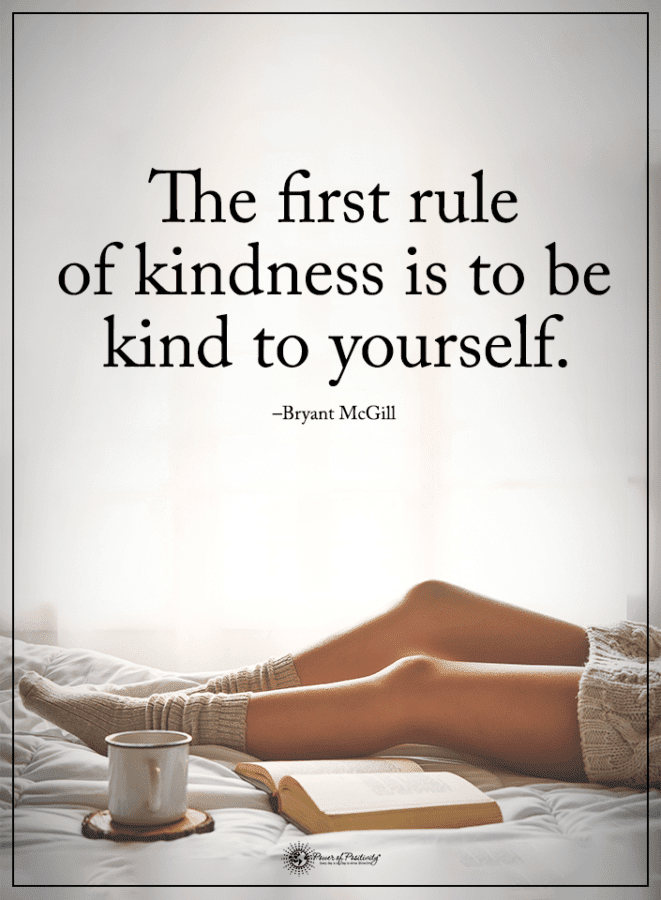Gum recession is the medical term describing when the margin of gum tissue surrounding the tooth pulls back, exposing more of the tooth, or its root. Receding gums can produce noticeable gaps, making it easy for disease-causing bacteria to build up.
If left untreated, the supporting tissue and bone structures of the teeth can be severely damaged, and may ultimately result in tooth loss.
Receding gums is a common dental problem because of its subtle onset. In fact, most people don’t know they have gum recession because it occurs so gradually. Generally, the first sign of gum recession is usually tooth sensitivity. Alternatively, one may notice a tooth appears longer than surrounding teeth. A little bump or ‘notch’ may be felt near the gum line.
Why Do Gums Recede?
There are many explanations as to why gums may start to recede; these include:
Genetic predisposition: Genetics account for many of the health conditions to which human beings are suspect – and dental health is no different. Studies show that more than 30 percent of the population is at risk for gum disease strictly because of their genetic makeup.
Harsh tooth brushing: Brushing your teeth too hard may cause the enamel of your teeth to wear away, leading to receding gums.
Inadequate dental care: Irregular brushing, flossing, and rinsing, in essence, invite bacteria to reside in your mouth. Accumulation of bacteria leads to tartar – a hardened substance that can only be removed via teeth cleaning.
Hormonal transitions: Fluctuations in female hormone levels throughout a woman’s lifetime, including menopause, pregnancy, and puberty, may cause the gums to become more sensitive; which then may lead to gum recession.
Periodontal diseases: Bacterial gum infections destroy gum tissue and the bone that surrounds the tissue. Gum disease, or periodontal disease, is the leading cause of gum recession.
10 Natural Ways to Treat Receding Gums
Now, let’s shift our focus onto ten rather easy and natural ways to treat gum recession! Here they are:
1. Sea Salt Rinse
Simply rinsing your mouth with a warm water and salt mix is one of the easiest methods for easing gum recession, pain, and inflammation.
Just dissolve a small amount of sea salt into a cup of warm water, swish the mix in your mouth for about 15 seconds and spit it out. Repeat 2-3 times daily for best results.
2. Sesame Seed Oil Rinse
Also known as ‘oil pulling’ in Ayurvedic medicine, rinsing with sesame seed oil produces some excellent benefits. Sesame oil possesses potent anti-inflammatory and antibacterial properties.
Swish one tablespoon of sesame oil for about 15 minutes, or until the oil becomes thinner. Spit out the liquid and rinse your mouth with fresh water. Repeat daily for approximately one month.
3. Chamomile Tea
The chamomile flower has some serious antiseptic properties and helps to reduce the inflammation accompanying gum disease and recession.
Add 2-3 teaspoons of chamomile tea mix into a cup of hot water. Allow the mix to steep for about 10 minutes; strain and cool. Repeat the process three times a day for as long as necessary.
4. Tea Tree Oil
Similar to other ingredients on this list, tea tree oil has some awesome antibiotic and anti-inflammatory properties. A 2008 Australian study concludes that regular application of tee tree oil reduces gum bleeding and gingivitis.
Add 1-2 drops of tea tree oil on your toothbrush, or mix it in with your toothpaste. That’s it! Continue to brush using this essential oil two times a day for a few weeks.
5. Coconut Oil
While we’re on an “oil kick,” here’s another useful tidbit: coconut oil is useful as an effective treatment for gum disease! When mixed with baking soda, coconut oil helps to rid your mouth of bacteria-causing acids.
Simply mix two tablespoons of both coconut oil and baking soda. This mixture will serve as a toothpaste replacement once or twice per week until the problem subsides.
6. Myrrh Mix
Myrrh isn’t talked about much as an oral treatment, which is a shame considering that it’s highly recommended as a remedy for sore gums.
Put 10 to 12 drops of myrrh tincture into a cup of warm water. You’ll use this mix as a mouth rinse for your normal brushing routine.
7. Cranberry Juice
Cranberry juice is highly concentrated with vitamin C and makes for an excellent antioxidant in treating oral problems. Specifically, cranberry juice has shown to be effective in fending off receding gums and oral infections. Studies demonstrate that low intake of vitamin C is linked to higher risk of periodontal disease.
Simply drinking four ounces of cranberry juice per day may help prevent bacteria from accumulating and hardening into the teeth. Other excellent sources of ‘C’ include oranges, grapefruit, lemons, strawberries, papaya, broccoli, and red pepper.
8. Green Tea
Known for its age-fighting composites, green tea was found by Japanese scientists to help promote healthy teeth and gums. One study, published in the Journal of Periodontology, found that drinking a cup of green tea each day decreased periodontal pocket depth, improved the attachment of the gums to the teeth, and reduced gum bleeding. In fact, the more cups of green tea consumed, the better the results.
Green tea, along with cranberry juice, may just be the two best products we can drink to promote gum health.
9. Septilin
Spetilin is an Ayurvedic medicine shown to strengthen immunity. This traditional medicine is a mix of compounds that, in addition to supporting a healthy immune system, also reduce inflammation.
A study published in the Journal of Periodontal Implant Science found that dietary supplementation with Septilin improves periodontal treatment outcomes in just three weeks.
10. Flossing
Okay, we’re breaking the mix/compound/rinse/oil mold here with this last item. But flossing with an all-natural material helps reduce bacteria and plaque almost as well as oil pulling.
It isn’t necessary to floss every day, either. Flossing a couple of times per week, as well as maintaining good oral hygiene, may be enough to ward off gum recession.


